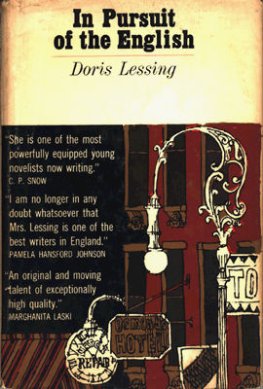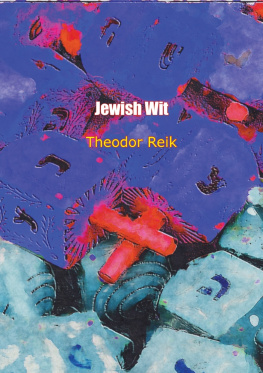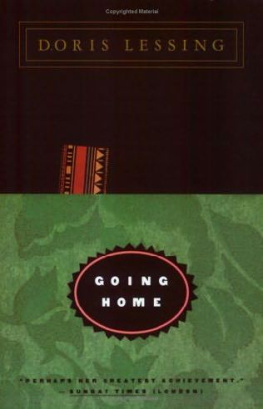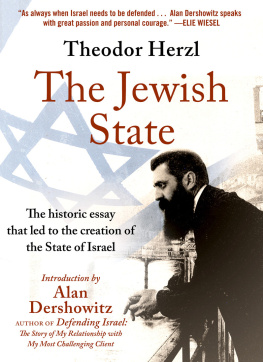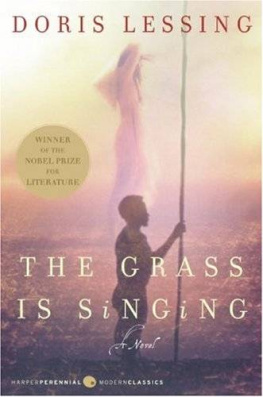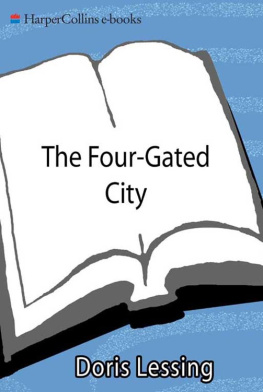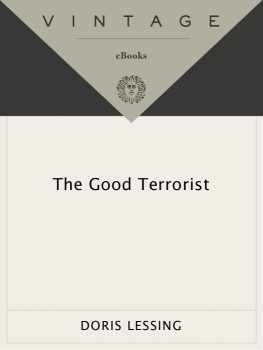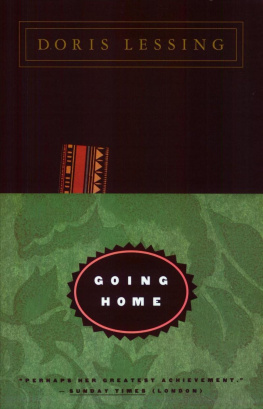JEWISH SELF-HATE
JEWISH SELF-HATE
Theodor Lessing
Translated and annotated by Peter C. Appelbaum
Introduction by Sander L. Gilman
Afterword by Paul Reitter
Edited by Benton Arnovitz
Published in 2021 by
Berghahn Books
www.berghahnbooks.com
English-language edition
2021 Peter C. Appelbaum
Originally published by Jdischer Verlag in German as
Der Jdische Selbstha, 1930
1930 Jdischer Verlag, G.m.b.H., Berlin
All rights reserved. Except for the quotation of short passages for the purposes of criticism and review, no part of this book may be reproduced in any form or by any means, electronic or mechanical, including photocopying, recording, or any information storage and retrieval system now known or to be invented, without written permission of the publisher.
Library of Congress Cataloging-in-Publication Data
Names: Lessing, Theodor, 18721933, author. | Appelbaum, Peter C.,
translator. | Arnovitz, Benton, editor.
Title: Jewish Self-Hate / Theodor Lessing; translated and annotated by
Peter C. Appelbaum; introduction by Sander L. Gilman; afterword by
Paul Reitter; edited by Benton Arnovitz.
Other titles: Jdische Selbsthass. English
Description: New York: Berghahn, 2021. | Originally published: Der Jdische
Selbsthass. Berlin: Jdischer Verlag, 1930. | Includes bibliographical
references.
Identifiers: LCCN 2020058112 (print) | LCCN 2020058113 (ebook) |
ISBN 9781789209860 (hardback) | ISBN 9781789209921 (paperback) |
ISBN 9781789209877 (ebook)
Subjects: LCSH: Jews--Biography. | Jews--Psychology. | Self-hate
(Psychology)
Classification: LCC DS113 .L3913 2021 (print) | LCC DS113 (ebook) |
DDC 305.892/4--dc23
LC record available at https://lccn.loc.gov/2020058112
LC ebook record available at https://lccn.loc.gov/2020058113
British Library Cataloguing in Publication Data
A catalogue record for this book is available from the British Library
ISBN 978-1-78920-986-0 hardback
ISBN 978-1-78920-992-1 paperback
ISBN 978-1-78920-987-7 ebook
For the self-created soul
That breathed great beauty out into the world,
For the self-destroying spirit
That rises from destruction ever new,
For the self-condemning tribe
That needs no foreigner as judge
 Translators Preface
Translators PrefacePeter C. Appelbaum
Translating and editing Theodor Lessings landmark book on Jewish self-hate has been a daunting experience. Parts of it moved me to the depths of my soul. No Jew can comprehend this book and remain unchanged. Lessings words and constructs are very difficultnot only long sentences with a participle in the middle, but also the propensity to create words and use existing ones in complicated ways. The text necessitated a large number of explanatory notes, augmented by Lessings own sometimes lengthy and complicated footnotes, which make the text even more difficult.
It should be noted that in cases where Lessing misspells names, his version is provided in the text and the correct spelling in the endnotes. References to Lessings quotations are given wherever they could be found.
Lessing begins by sketching the lives of European Jews in the early 1800s. Restrictions and discriminatory laws were gradually lifted, especially in Germany, where Moses Mendelssohn ushered in the era of Haskalah (the Enlightenment). Jews responded enthusiastically and began to assimilate rapidly. However, no matter what they did, they were not accepted completely. Some turned to conversion, some to self-hate, persecution of their own kind and self-flagellation, some to communism, others to Zionism. Lessing saw their only solution in the authenticity of become what you are.
Lessing uses the lives of Paul Re, Otto Weininger, Arthur Trebitsch, Max Steiner, Walter Cal, and Maximilian Harden to delve into the complex nature of German Jewish self-hate during the latter part of the nineteenth century through the Weimar Republic. During the course of the book the reader is introduced to the philosophies of Nietzsche, Kant, and Hegel; Martin Buber; Plato versus Spinoza; Vedic spirituality; Freud, Adler, and the psychology of the original state; mathematics and relativity; the poetry of Goethe, Stefan George, and Theodor Fontaine; verses by Horace; Darwins theory of natural selection; and the Wilhelmine and Weimar erasall of this in the context of the etiology and pathogenesis of Jewish self-hate. The book concludes with an effort to turn Jewish self-hate into a bridge between religions and peoples.
The subject of Jewish self-hate is just as cogent today as it was when the book was published ninety years ago. One need only observe the current divided, quarrelsome, and aggressive American political, journalistic, and progressive academic scene to observe examples of this phenomenon. And yet, the answer is so simpleauthenticity, Become what you are. Sadly, not enough take this message to heart.
 Acknowledgments
AcknowledgmentsI thank Benton Arnovitz for having the confidence to give this Herculean task to me, for meticulous copyediting of the entire manuscript, and for guiding it through to publication. Chutzpah is a very Jewish character trait: I tried, and I ended up succeeding beyond my own expectations. Sincere thanks to Sander L. Gilman and Paul Reitter for gracing the book with their respective essays. My most grateful thanks to James Scott for translating the poetry and helping with recondite, complex, and made-up words, and opaque sentences. I thank Marion Berghahn, Chris Chappell, Mykelin Higham, and Elizabeth Martinez for meticulous editorial assistance throughout all phases of book production. All of Lessings notes are included in italics, along with my own footnotes. Some of the latter derive from public domain sources.
My long-suffering wife, Addie (eshet chayil mi yimtza), put up with my endless mumbling in several languages and the spiritual anguish that accompanied my translating and interpreting this seminal book. My daughter, Madeleine, was always ready with a daughters love. Any errors are mine alone.
This first English-language edition of Der Jdischer Selbstha is published with the concurrence and encouragement of Suhrkamp Verlag, since 1958 successors to the imprint of Jdischer Verlag, closed by the Nazis in 1938.
Peter C. Appelbaum
Land O Lakes, Florida
October 2020
 Introduction
IntroductionSander L. Gilman
Theodor Lessings (18721933) Jewish Self-Hatred (1930) is the classic study of the pitfalls (rather than the complexities) of acculturation. Growing out of his own experience as a middle-class, urban, marginally religious Jew in Imperial and then Weimar Germany, he used this study to reject the social integration of the Jews into Germany society, which had been his own experience, by tracking its most radical cases. This early awareness of the impossibility of acculturation into what he saw as an inherently antisemitic world led him early to become a Zionist (at least a cultural if not a political Zionist) and concomitantly a rabid opponent to the rise of German fascism. A failed academic (because of, in his view, the antisemitic attitudes of both the institutions and the facultyhe was not completely wrong), his writing before and after World War I spanned the widest readership in Germany, from theater criticism to works on the philosophy of history. As one of the most visible Jewish opponents of the Nazis, he had fled immediately after Hitlers appointment as chancellor in January 1933 to Czechoslovakia, where in March of that year he was assassinated by German-speaking Nazis. Certainly his work that most captured the attention of both his contemporaries and our own world is this study of Jewish antisemitism.


 Translators Preface
Translators Preface Acknowledgments
Acknowledgments Introduction
Introduction
